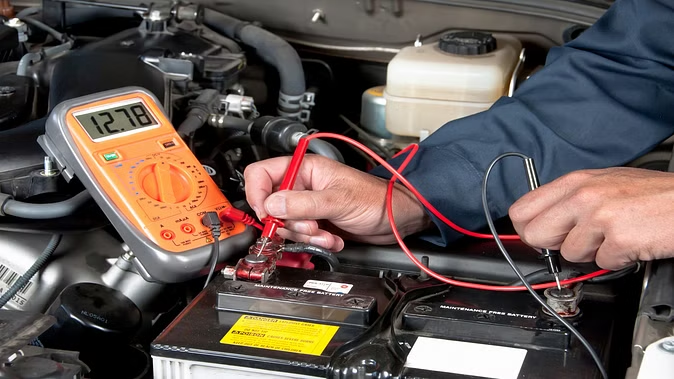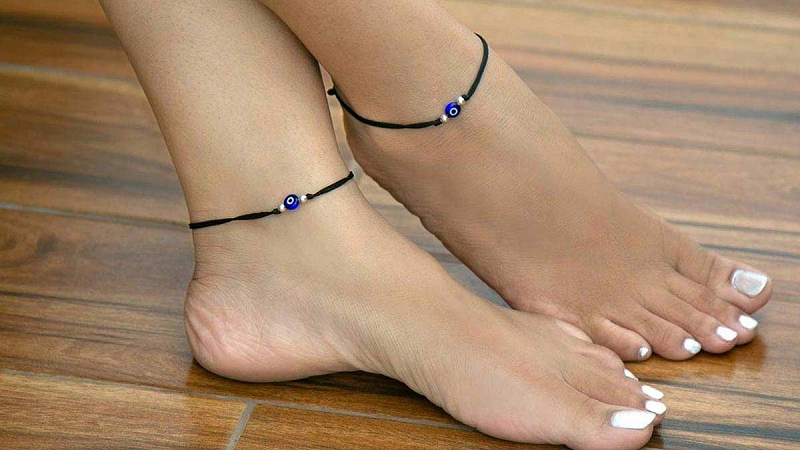After menopause, the bones of women become weak and there is a high risk of bone-related problems like osteoporosis. So today we are telling you about some such foods, which help in maintaining bone health after menopause. The information about these foods has been shared by nutritionist LavneetBatra.

Experts say, “Estrogen plays an important role in bone production. When women go through menopause, the level of estrogen in their body drops. This hormone works to regulate periods and also helps in absorbing calcium in the body. But when its production starts decreasing, the ability to make calcium from food decreases. Due to this, the risk of breaking bones increases. At this age, the porosity and weakness in the bones of women start increasing. You cannot completely prevent bone loss at this age, but you can adopt some tips to make bones strong.
1. Eat green vegetables
Include green leafy vegetables in the diet for bone strength during menopause. Leafy vegetables are rich in nutrients like vitamin K, calcium and magnesium. Include green vegetables like spinach, kale, cabbage, turnip, broccoli, bok choy, okra, poppy seeds, sesame, chia seeds, nuts and legumes in the diet. According to experts, "Green leafy vegetables are also essential for the metabolism of calcium and vitamin D."

2. Vegetarian Protein
The nutritionist says, “Plant-based proteins contain phytoestrogens, which help increase estrogen levels in the body. It is essential for bone health, as estrogen promotes the activity of osteoblasts (cells that make new bone). When estrogen levels drop during menopause, bone density also declines. For vegetable protein, you can try tofu, chickpeas, and flaxseed.
3. Dairy products
Dairy products are essential for bone health. Curd, milk and cheese contain nutrients like calcium, phosphorus, potassium, magnesium and vitamin K, which are essential for bone health.
4. Dry Prunes

LavneetBatra suggests eating dry prunes to maintain bone health after menopause. Experts say, “Prunes can help prevent and reduce bone mass loss due to their high levels of vitamin K.”
After menopause, women lose bone density faster and are more likely to develop osteoporosis (a disease that weakens the bones) than men. According to the National Institutes of Health, half of all women over the age of 50 will experience a hip, wrist, or spine fracture during their lifetime. But you can reduce this risk by including the above-mentioned foods in your diet.
Image Credit: Freepik& Shutterstock










